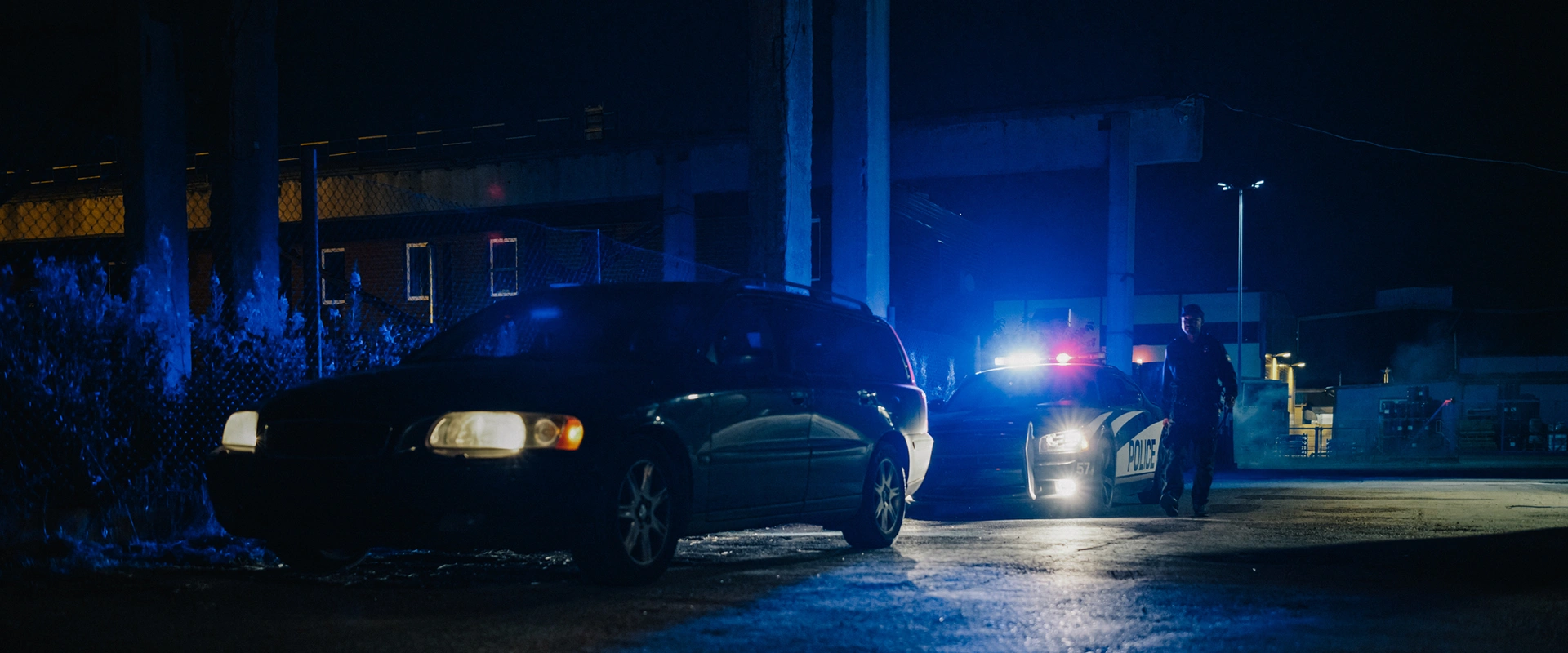An aggravated DUI charge occurs when a driver is charged with a DUI within 10 years of three prior DUI convictions. In this case, the driver will be charged with an aggravated DUI, which is a more serious charge than a DUI. The consequences of an aggravated DUI conviction are more severe than those of a standard DUI conviction, and can include jail time, fines, and a driver’s license suspension.
The following are the different types of aggravated DUIs in California:
- First-degree aggravated DUI
- Second-degree aggravated DUI
- Third-degree aggravated DUI
First-degree aggravated DUI occurs when a driver is charged with a DUI within 10 years of two prior DUI convictions. If convicted of this charge, the driver will face the following penalties:
- Up to 4 years in prison
- Up to $10,000 in fines
- A driver’s license suspension for 3 years
- A minimum of 48 hours to a maximum of 120 hours of community service
Second-degree aggravated DUI occurs when a driver is charged with a DUI within 10 years of three prior DUI convictions. If convicted of this charge, the driver will face the following penalties:
- Up to 1 year in prison
- Up to $10,000 in fines
- A driver’s license suspension for 2 years
- A minimum of 10 days to a maximum of 90 days in county jail
Third-degree aggravated DUI occurs when a driver is charged with a DUI within 10 years of one prior DUI conviction. If convicted of this charge, the driver will face the following penalties:
- Up to 90 days in county jail
- Up to $1,000 in fines
- A driver’s license suspension for 1 year
Note that these are the minimum and maximum penalties for aggravated DUI charges. Your actual sentence may be different depending on the circumstances of your case.








